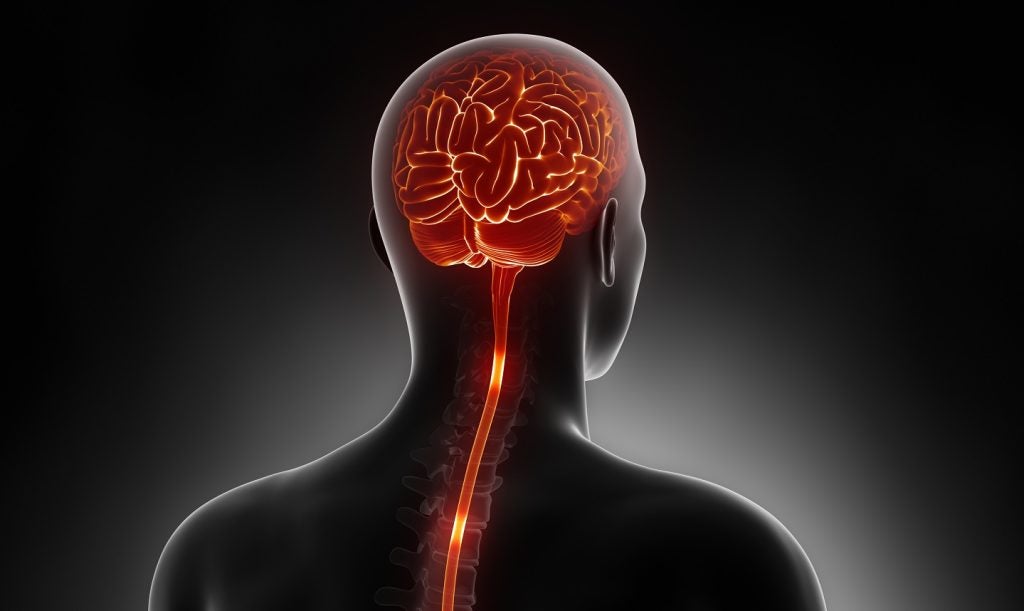Artificial intelligence (AI) is quickly being adopted in the medical field, meaning many medical devices are starting to incorporate AI capabilities. These AI capabilities include enhanced imaging systems, smart robots, wearable technology, AI-based data analysis, simulation platforms and more. While technology is ever-changing in medicine, the Covid-19 pandemic has expedited the process of digitalising healthcare, including a need for ‘smarter’ medical devices.
AI capabilities are being used in many areas of medicine and are quickly growing in popularity. GlobalData forecasts that AI platform revenue will reach $52bn by 2024. In addition, GlobalData forecasts that the market value for AI platforms for the healthcare industry will reach $4.3bn by 2024.
AI can be an extremely useful addition to the healthcare industry and will improve the quality of many medical devices, especially as technology improves in the coming years. However, with the rise of AI in the medical sector comes questions surrounding regulation.
At present, many medical markets have not addressed the complexities of medical devices that incorporate AI capabilities. This is a potential cause for concern because while AI can improve medical devices, it can also pose some safety concerns. Many AI technologies use large datasets and complex algorithms, and as a result, assessing AI functionality can be difficult without specific guidelines to follow. Perhaps regulatory bodies such as the US Food and Drug Administration (FDA) and Health Canada should focus on creating a regulatory framework that would allow for ongoing changes, as many AI technologies have continuous learning capabilities, meaning products and devices can change frequently.
While many AI-based medical devices are not regulated in such a specific way that caters to their AI functionalities, the FDA has recently released final guidance on ‘Clinical Decision Support Software’. This final guidance aims to clarify the scope of the FDA’s oversight of clinical decision support software, and it excludes certain medical software functions (including some decision support software) from the definition of ‘device’.
See Also:
While the FDA’s guidance on Clinical Decision Support Software is a start in regulating AI-based devices, there should be a priority to re-evaluate how other AI-based devices are regulated too. Medical devices with AI capabilities are often more technologically advanced than other devices and, in some cases, are constantly changing. Medical device regulations will have to address these complexities in order to effectively regulate such devices.
How well do you really know your competitors?
Access the most comprehensive Company Profiles on the market, powered by GlobalData. Save hours of research. Gain competitive edge.

Thank you!
Your download email will arrive shortly
Not ready to buy yet? Download a free sample
We are confident about the unique quality of our Company Profiles. However, we want you to make the most beneficial decision for your business, so we offer a free sample that you can download by submitting the below form
By GlobalData









Related Company Profiles
Health Canada